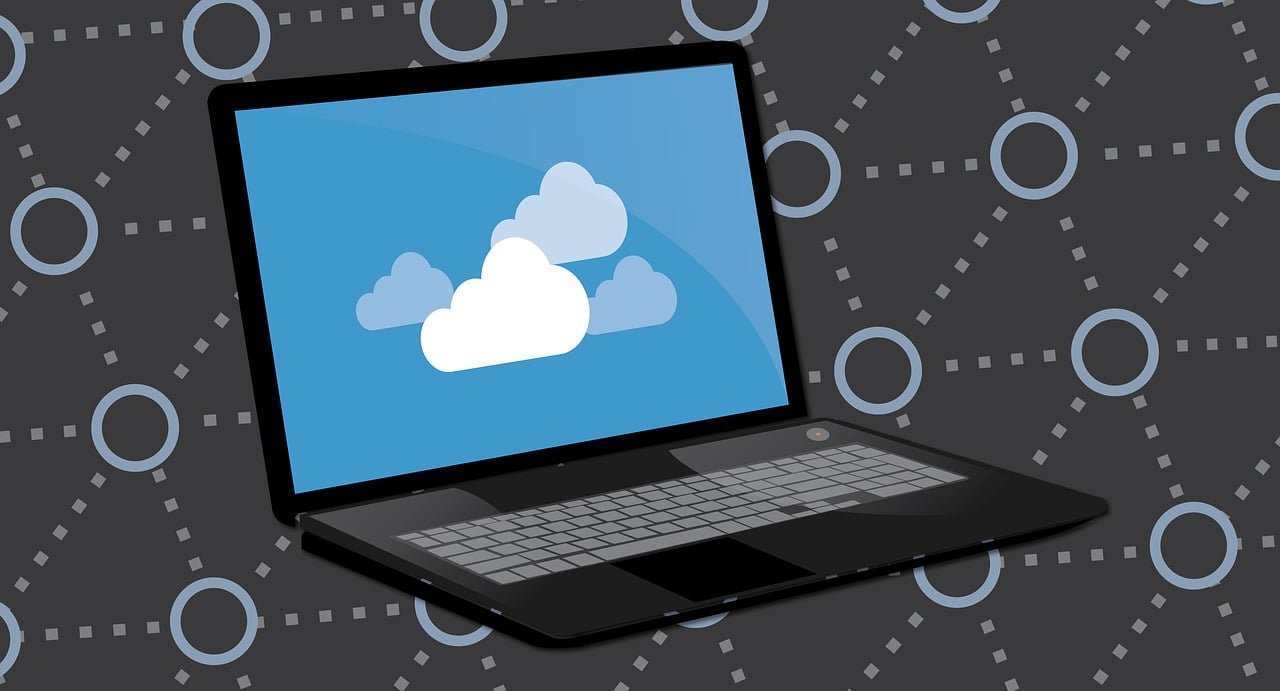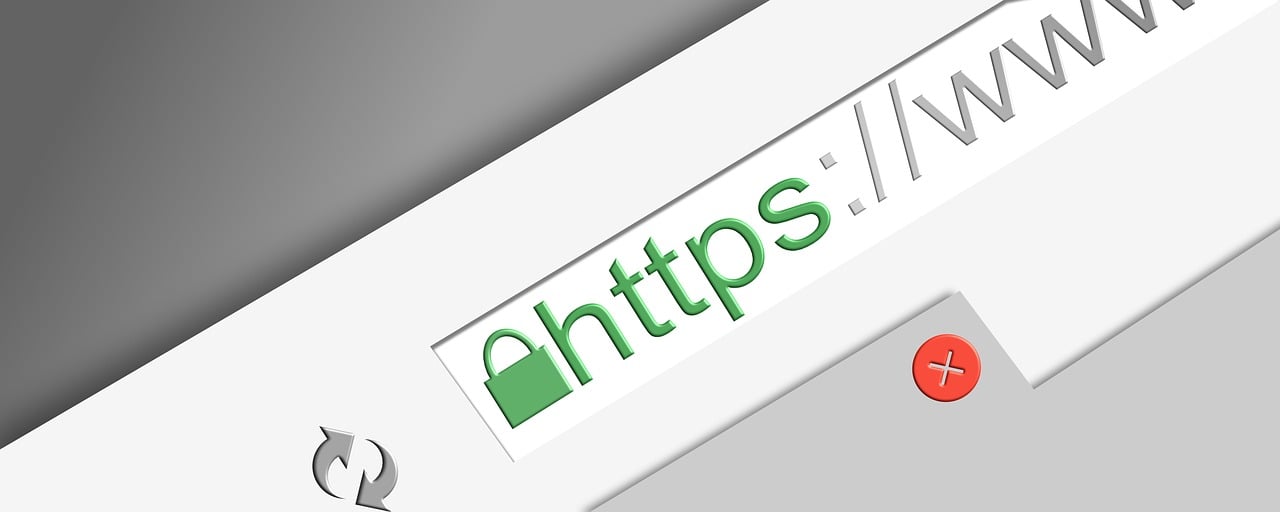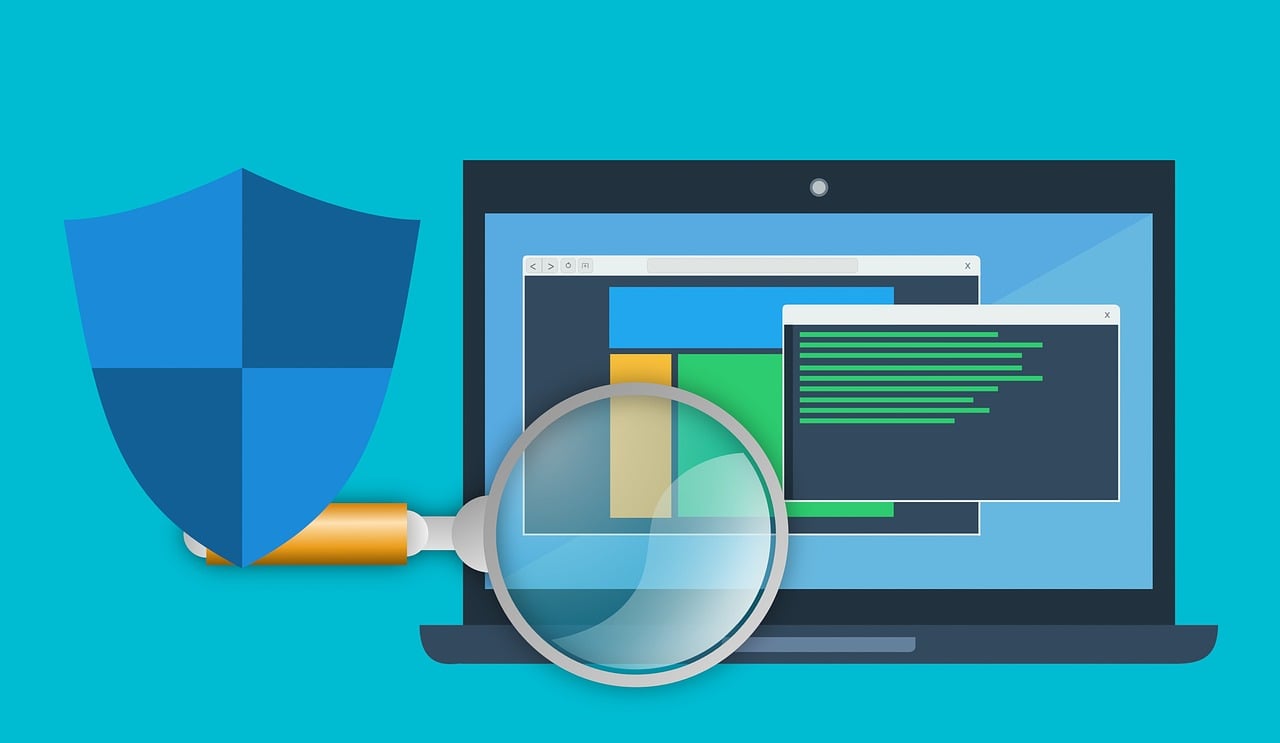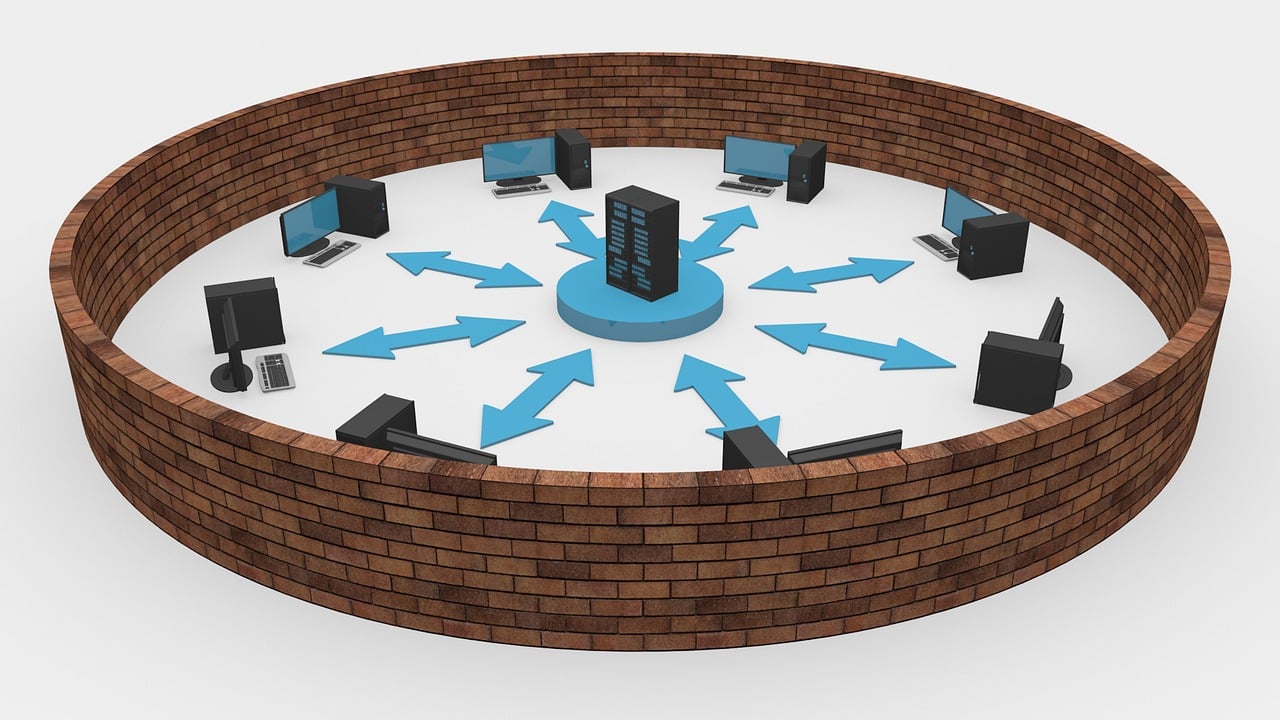There are best cybersecurity practices needed from website owners. This is because, as a site owner, you are responsible for the security of your website.
In an increasingly digital world, the importance of cybersecurity cannot be overstated. Website owners, in particular, need to be vigilant in protecting their online assets from a myriad of threats, including data breaches, malware, and hacking attempts.
This comprehensive guide will outline the best cybersecurity practices for website owners, helping you secure your site, protect sensitive data, and maintain the trust of your users and customers.
Table of Contents
15 Best Cybersecurity Practices for Website Owners
1. Periodic Website Backups
Regular, automated, and comprehensive website backups are an essential cybersecurity practice for website owners. These backups should include not only your website’s core files and databases but also any custom configurations and settings.
It is advisable to maintain multiple copies of backups, stored in secure locations both on-site and off-site.
This redundancy ensures that even in the worst-case scenario, such as a catastrophic server failure or a successful cyberattack, you can swiftly restore your website to its previous state, minimizing downtime and data loss.
Additionally, create a clear and documented backup strategy, outlining the frequency of backups and the responsible parties, to ensure consistency and reliability.
2. Set up firewalls
Firewalls serve as the first line of defence against malicious traffic and unauthorized access to your website.
Two main types of firewalls are essential for comprehensive protection: network firewalls and application-level firewalls. Network firewalls protect against external threats by filtering incoming and outgoing traffic based on predefined security rules.
On the other hand, application-level firewalls provide a more granular approach, scrutinizing traffic at the application level.
This added layer of security helps to mitigate attacks like SQL injection, cross-site scripting, and cross-site request forgery. Regularly update and fine-tune firewall rules to adapt to changing threats and network configurations.
READ ALSO: Network Firewalls: Comprehensive Guide For Non-Tech-Savvy People
3. Use a reputable hosting
Selecting a reputable hosting provider is a critical decision that significantly impacts your website’s overall security.
A dependable host should offer a secure hosting environment with features such as regular server updates, intrusion detection and prevention systems (IDPS), and robust network security measures.
It’s essential to choose a hosting provider that takes the security of its clients seriously, as this safeguards your website against a range of threats, including distributed denial-of-service (DDoS) attacks.
Always be vigilant about your host’s security practices and inquire about their backup and disaster recovery procedures.
READ ALSO: 6 Best Secure Web Hosting for Web Designers
4. Change Passwords
Periodically changing passwords is a fundamental practice that strengthens your website’s security. Encourage all users with access to your website to create and regularly update complex passwords.
These should include a mix of upper and lower-case letters, numbers, and special characters to enhance their complexity and resilience against brute force attacks.
Consider implementing a policy that enforces password changes at regular intervals and utilizes a password manager to generate, store, and autofill strong passwords.
This practice not only applies to user accounts but also to administrator and root accounts for your website’s content management system and server.
Also Read: Online Security Tips for Seniors
5. Educate your employee
One of the often underestimated but critical aspects of website security is the human element. Ensure that your employees are well-versed in cybersecurity best practices. Read our web security guide to learn more.
Develop an ongoing training and awareness program to educate them about the risks of social engineering, phishing and the significance of adhering to security policies and practices.
Keep your team informed about emerging threats and encourage a proactive approach to reporting any suspicious activities. Training sessions, workshops, and regular reminders can significantly reduce the likelihood of human errors that can lead to security breaches.
6. Secure computers
The security of the devices used to access and manage your website is paramount. Ensure that all computers and mobile devices utilized for website administration are equipped with up-to-date antivirus software, firewalls, and operating system patches.
It’s also crucial to limit physical access to these devices, safeguard them with strong passwords or biometric authentication, and promote safe computing practices among your staff.
In the event of a lost or stolen device, encrypt sensitive data and implement remote wipe capabilities to protect your website’s data and user information.
Also Read; Importance of CAPTCHA in Web Security
7. Setup HTTPS
The adoption of Hypertext Transfer Protocol Secure (HTTPS) is a non-negotiable cybersecurity practice. It encrypts data transmitted between your server and the user’s browser, creating a secure channel that thwarts eavesdropping and data interception.
To implement HTTPS, obtain a Secure Sockets Layer (SSL) or Transport Layer Security (TLS) certificate from a reputable certificate authority (CA).
This certificate authenticates your website’s identity and ensures that data exchanged between your website and its users remains confidential and tamper-proof.
HTTPS is particularly crucial for protecting sensitive information, such as login credentials, personal data, and payment information, and maintaining the trust of your users and search engine rankings.
To further enhance your website’s security, consider using HTTP security headers such as Content Security Policy (CSP), Strict Transport Security (HSTS), and X-Content-Type-Options to prevent various types of attacks, such as cross-site scripting (XSS).
8. Staying up to date
Cybersecurity is an ever-evolving field, with new threats and vulnerabilities emerging regularly. Staying up to date with the latest security practices, vulnerabilities, and patches is crucial for maintaining your website’s resilience against evolving threats.
To stay informed, subscribe to reliable security news sources, follow software vendors’ security advisories, and actively monitor your website’s platform and plugins for updates. Promptly apply security updates and patches, as attackers often target known vulnerabilities.
This practice extends to server-level updates, which should be regularly implemented to protect against newly discovered threats. In summary, the cybersecurity landscape demands continuous learning and adaptation to keep your website secure in the face of evolving cyber threats.
Also Read: Best Antivirus with VPN
9. Implement Intrusion Detection Systems (IDS)
Intrusion Detection Systems (IDS) serve as vigilant sentinels in your cybersecurity arsenal, continuously monitoring your network and systems for suspicious activities and anomalies. These sophisticated systems are designed to detect unauthorized access, irregular patterns in network traffic, and potential security breaches.
When integrated into your security infrastructure, IDS can be a critical early warning system, alerting you to unusual events or patterns that may indicate an imminent security threat. In doing so, IDS empowers you to respond swiftly and effectively, mitigating potential risks before they escalate into full-blown security incidents.
By deploying IDS, you not only bolster your proactive security measures but also gain valuable insights into the evolving threat landscape, enabling you to fine-tune your security posture for optimal protection.
10. Limit User Access and Privileges
The principle of least privilege (PoLP) is a cornerstone of security best practices, and it plays a pivotal role in minimizing the risk of insider threats.
To safeguard your website effectively, you must ensure all users, be they employees or third-party contributors, are granted only the permissions necessary to execute their specific tasks. Regularly reviewing and updating user access and privileges is essential to maintaining a secure environment.
In this process, you must exercise strict control over who has access to what, regularly auditing permissions and deactivating unused accounts. By adhering to the PoLP, you mitigate the risk of unauthorized access and potential breaches, strengthening your website’s overall security posture.
Moreover, it enables you to isolate and contain threats effectively, should they arise, limiting potential damage.
READ ALSO: The Ultimate WordPress Security Guide
11. Conduct Security Audits and Penetration Testing
Regular security audits and penetration testing are essential proactive measures that website owners should employ to identify and rectify vulnerabilities before cybercriminals can exploit them.
Security audits involve comprehensive examinations of your website’s security infrastructure, scrutinizing everything from server configurations to access controls and patch management.
On the other hand, penetration testing, often performed by skilled cybersecurity professionals, simulates various cyberattack scenarios, including sophisticated attempts to breach your defences.
The goal is to evaluate your website’s capacity to withstand and repel such attacks, helping you fortify your security measures accordingly. By conducting these assessments regularly, you ensure that your website remains robust and secure in the face of an ever-evolving threat landscape.
12. Implement Multi-Factor Authentication (MFA)
Multi-Factor Authentication (MFA) stands as a powerful shield against unauthorized access to user accounts, adding an additional layer of security by requiring multiple forms of verification.
MFA typically involves a combination of something you know (a password), something you have (a smartphone, hardware token, or smart card), and something you are (biometric data such as fingerprints or retinal scans).
When enabled, MFA significantly enhances account security and acts as a formidable deterrent to unauthorized access. Even if malicious actors manage to compromise a password, they would still need access to the secondary authentication methods, making it substantially more challenging for them to breach an account.
By implementing MFA, you not only bolster your website’s defences but also demonstrate your commitment to safeguarding user data and maintaining trust. It’s a highly effective way to mitigate the risk of unauthorized access and protect sensitive information from prying eyes.
13. Security Patch Management
Effective security patch management is crucial to protect your website from known vulnerabilities. Regularly update and patch your website’s underlying software, including the Content Management System (CMS), plugins, themes, and server software.
Vulnerabilities in these components are often targeted by cybercriminals, so staying current with security updates is vital.
Consider implementing a patch management process that includes testing and deploying patches in a timely manner to minimize the window of exposure to potential threats.
14. Implement a Web Application Firewall (WAF)
A Web Application Firewall (WAF) is a security solution designed to filter and monitor incoming web traffic, identifying and blocking malicious traffic before it reaches your website.
It acts as a protective barrier against a wide range of online threats, including SQL injection, cross-site scripting (XSS), and Distributed Denial of Service (DDoS) attacks.
Implementing a WAF allows you to establish a robust perimeter defence for your website, safeguarding it from the ever-present threat of cyberattacks. Configure and fine-tune your WAF to align with your specific security requirements and application needs.
15. Data Encryption at Rest and in Transit
Encrypting sensitive data both at rest and in transit is a fundamental practice to protect confidential information. Data at rest refers to information stored on your server or database, while data in transit relates to information being transmitted between your website and users’ browsers.
Utilize encryption technologies like Secure Sockets Layer (SSL) or Transport Layer Security (TLS) for data in transit, ensuring that all communications between your website and users are encrypted and secure.
For data at rest, employ encryption methods to secure stored data, safeguarding it against unauthorized access even in the event of a server breach. Encryption is a critical component of data protection, safeguarding user information, login credentials, and other sensitive data from potential theft or interception.
Conclusion
So, there you have it, the best Cybersecurity practices for securing your website the owners. Remember, whether you are running a large website or a small one, no site is too small to stay unsecured.
As a website owner, your commitment to cybersecurity is paramount for safeguarding your online assets, protecting sensitive data, and preserving the trust of your users and customers.
The cybersecurity practices discussed above are foundational elements of a robust security strategy. By implementing them diligently, you not only secure your website against various threats but also establish a resilient security posture that can withstand unexpected challenges.
Furthermore, your website’s security should extend beyond the foundational practices and encompass advanced measures, ongoing security education, proactive auditing, and continuous adaptation to new and emerging threats.
Cybersecurity is not a one-time task but a perpetual journey to ensure the safety and integrity of your website and, by extension, your digital presence in the ever-evolving digital landscape.
RELATED POSTS
- Cyber Threats: How to Secure your Computer against Cyber Threats
- Most Effective Cybersecurity Strategy For A Small Business [We Asked 45+ Experts]
- WordPress Hardening: 7 Ways to Harden your Website Security
- 7 Odd Signs That Your Website Has Been Hacked
- 6 Ways To Protect Your Business From Phishing Attacks
- What to Do If Your Business’s Software Solutions Aren’t Bringing Results
About the Author:
Meet Angela Daniel, an esteemed cybersecurity expert and the Associate Editor at SecureBlitz. With a profound understanding of the digital security landscape, Angela is dedicated to sharing her wealth of knowledge with readers. Her insightful articles delve into the intricacies of cybersecurity, offering a beacon of understanding in the ever-evolving realm of online safety.
Angela's expertise is grounded in a passion for staying at the forefront of emerging threats and protective measures. Her commitment to empowering individuals and organizations with the tools and insights to safeguard their digital presence is unwavering.











